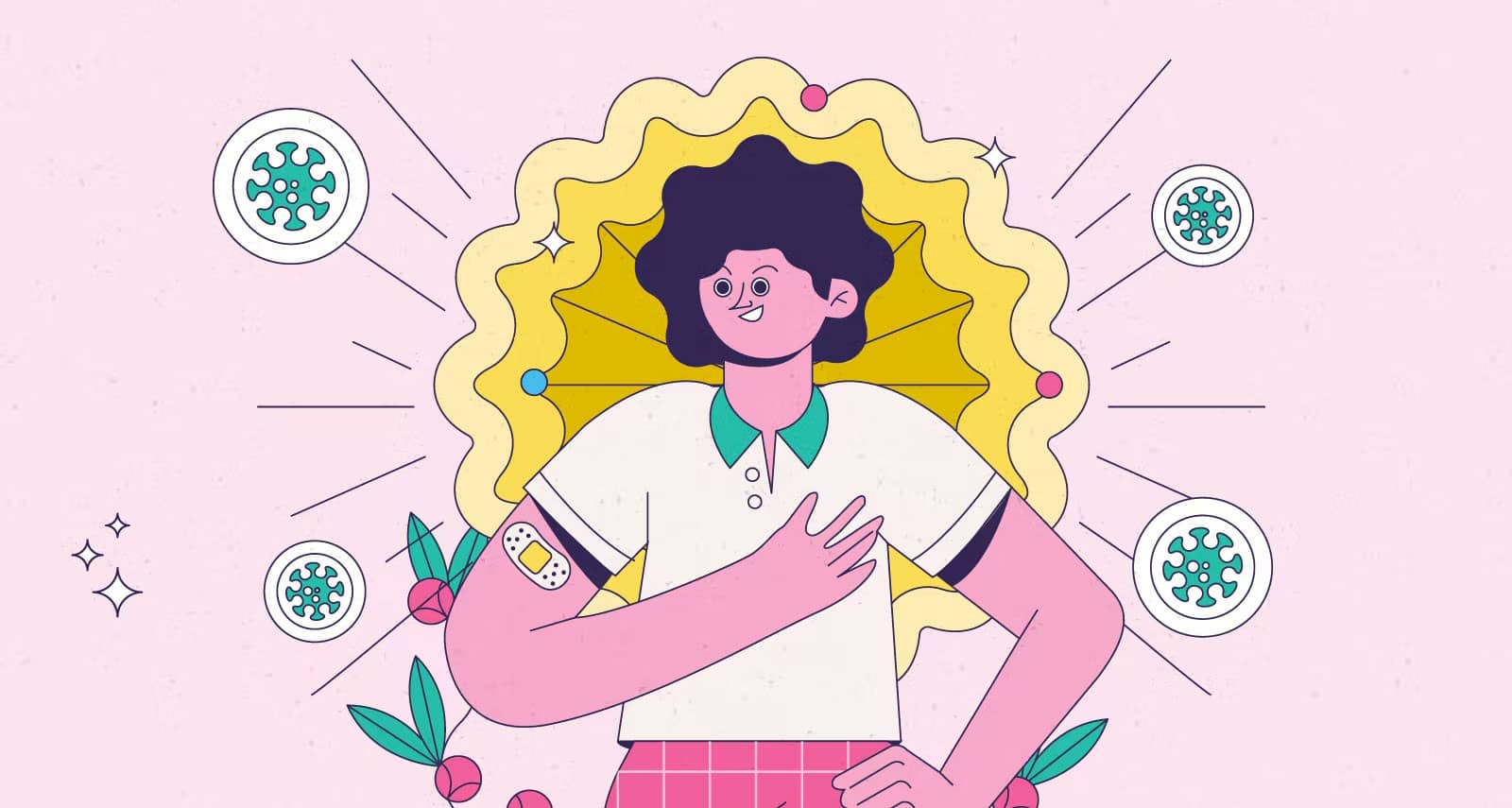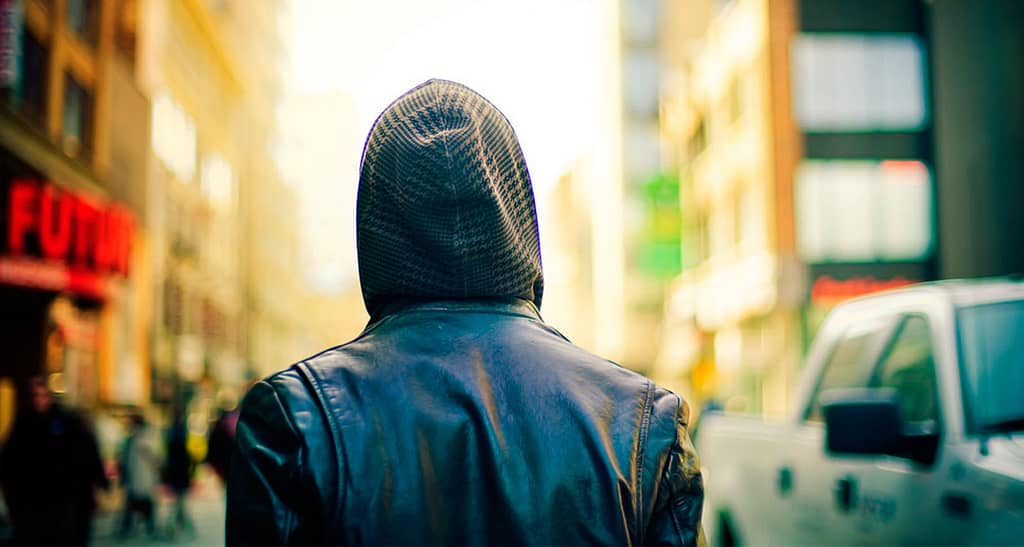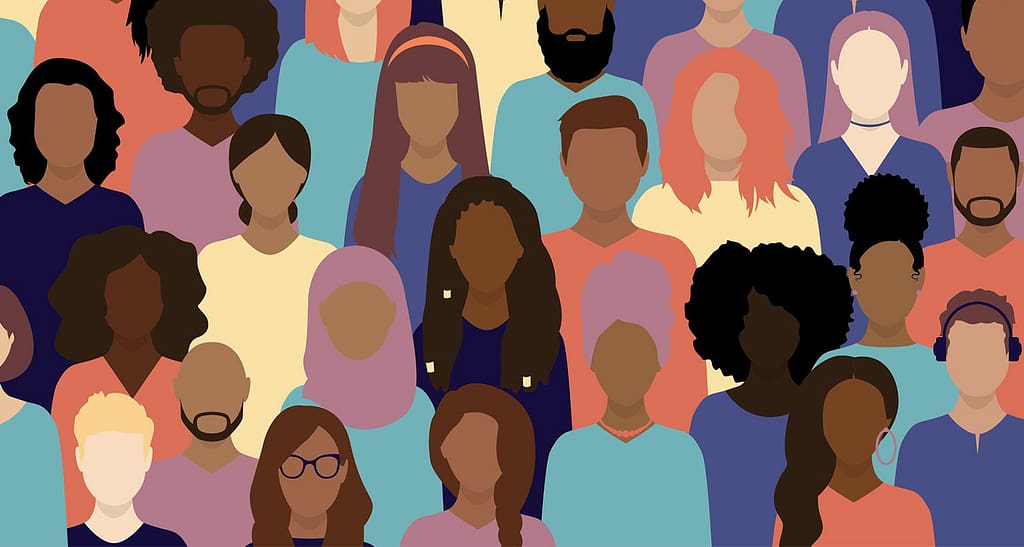
- Viv Lindo, PhD.
- April 1, 2021
Facebook
Twitter
WhatsApp
Telegram
Email
COVID–19: Vaccine hesitancy?
More recent advances in vaccine technology capitalise on the body’s ability to make proteins. If you can get the human body cells to make the Spike protein, you’ll build immunity to SARS-CoV-2 in a similar way to being infected with the virus – or stronger – without any risk of COVID-19 infection.

There are few people who would dispute that vaccines save lives; yet vaccine hesitancy is commonplace, particularity within the Afro-Caribbean community. The current COVID-19 pandemic has only served to highlight this fact.
COVID-19 is a highly transmissible viral infection caused by SARS CoV-2, a Coronavirus. Coronaviruses are not new in terms of human infectivity. There was previously SARS-CoV and MERS-CoV, both within the last 20 years.
In order to minimise the risk of serious illness or death from an infection such as COVID-19, the body needs to be able to defend against these viral attacks. This usually occurs as a result of catching the infection. The respiratory virus gains entry to the body, usually through the nose or mouth, and invades the target organ, for example, lung cells, and hijacks the protein-making machinery the cell uses to repair itself and grow. The cells are then re-programmed to make multiple copies of the virus, SARS-CoV-2, which then escape from the cell and go on to infect other neighbouring cells. It’s a supremely efficient process and highly destructive to any tissue that the virus invades. The good thing is that, once the body has been invaded by a virus, it sets about building a defence by activating specific blood cells in preparedness for any future attack. If the subject survives that first viral attack (a significant “if” with some diseases) it will be in a much stronger position to protect against a future attack of the same virus type. In other words, you have some immunity to the infection.
But how can you gain immunity to an infection without risking death or serious illness from contracting the disease? Smallpox was a deadly disease that killed 300 million people worldwide before it was eradicated by vaccination. In 1796 Dr Edward Jenner observed that milk maids who caught cowpox didn’t contract smallpox. Cowpox caused some blistering of the cows’ udders, but very mild symptoms when caught by the milk maids. This cowpox infection seemed to transfer immunity to smallpox infection. Dr Jenner injected blister fluid from an infected cow to a healthy person and showed it could prevent them contracting smallpox.
The principle is sound! Expose the body to an agent that resembles the virus but that is unable to make you very sick. The body then mounts a defence which stays in place in the event of infection by the target virus.
Technology for vaccine development has moved on significantly, with advances in science aimed at reducing the risk of any infection whilst priming the body to build a virus defence. The strategy now is to identify the regions of the virus most important for its activity. In the case of SARS-CoV-2, a surface protein called the Spike protein is the “key” which the virus uses to gain entry into body cells. If you can block the “key”, you significantly reduce the ability of the virus to infect cells and cause disease. In short, you don’t need to administer viruses to healthy people to get immunity, when you can administer just the part that matters – the key!
More recent advances in vaccine technology capitalise on the body’s ability to make proteins. If you can get the human body cells to make the Spike protein, you’ll build immunity to SARS-CoV-2 in a similar way to being infected with the virus – or stronger – without any risk of COVID-19 infection. This is the basis of the currently licensed vaccines which use mRNA or DNA technology to make Spike protein in the body. These vaccines have been shown to be highly effective at preventing hospitalisation and deaths due to COVID-19 infection.
Having stated this, no one should be forced to take a vaccination and, after all is said, you may still have vaccine hesitancy. So, it’s worth carefully researching to understand the driver for this hesitancy, and whether you’re in possession of all the correct facts. It’s a personal choice!
There are those who will remain risk-averse; but even actions such as crossing the road carry risks. We don’t all live our lives on one side of the road, fearing to cross, because the benefits of crossing the road significantly outweigh any risks in most cases.
COVID-19 vaccination should be considered in that context and with the faith that we hold as Christians, that “Jesus will make a way out of every darkness”. After all, Naaman asked the Prophet Elisha for a cure to his leprosy. When God sent him to the Jordan River, he didn’t like it either— even though that was to be the cure for his leprosy.

How Should Christians be Different?
September 6, 2023

The Pastoral Caregiver – Bearer of Stories
September 6, 2023

What Takes to be Different?
September 6, 2023

The Beauty of Diversity Within the Body of Christ
September 6, 2023

The Butterfly, an Object Lesson of Transformation
September 6, 2023

Mitigating the Risks of Cultural Compromises
September 6, 2023

Embracing Christ-Centered Counterculture
September 6, 2023








